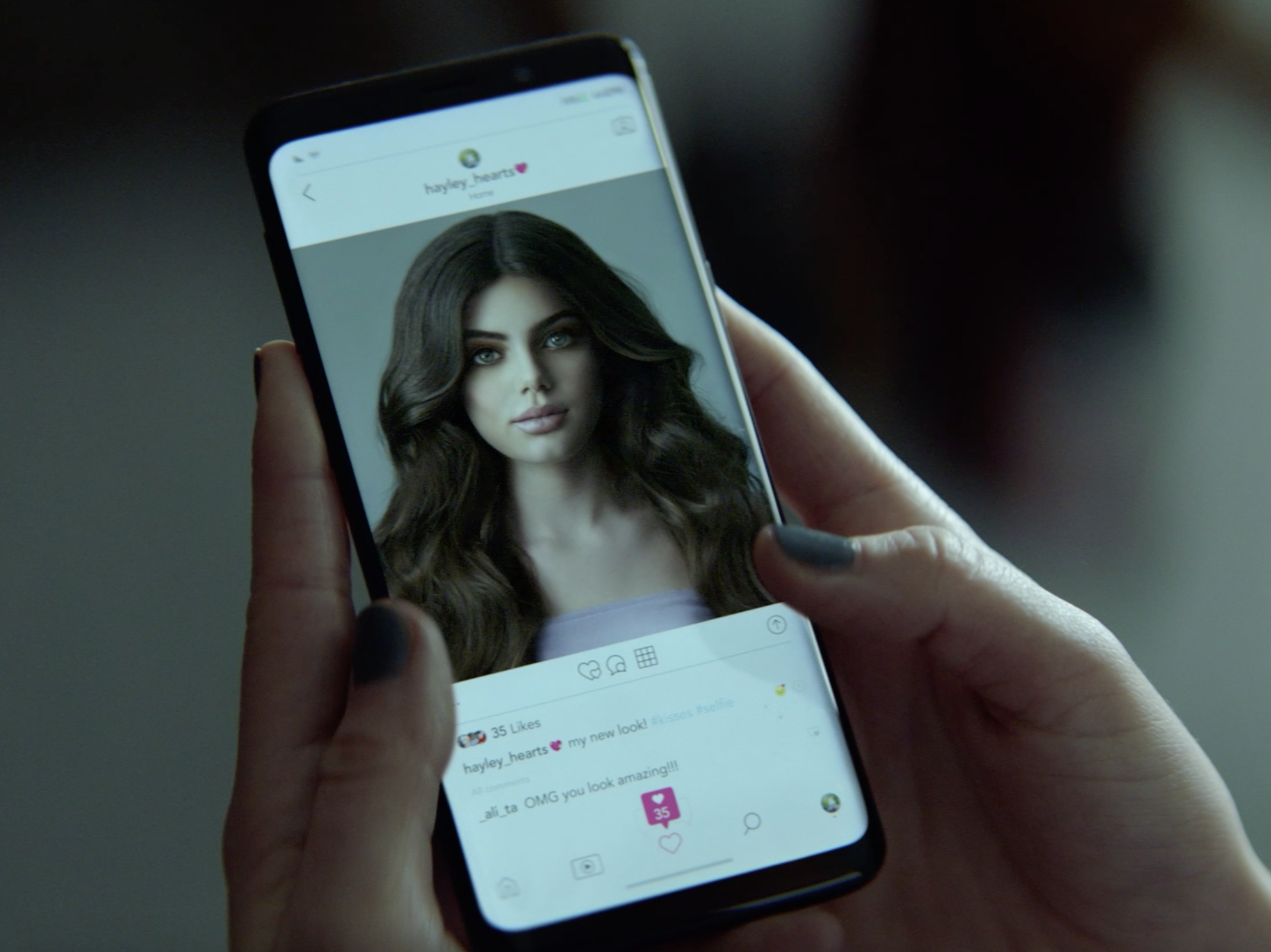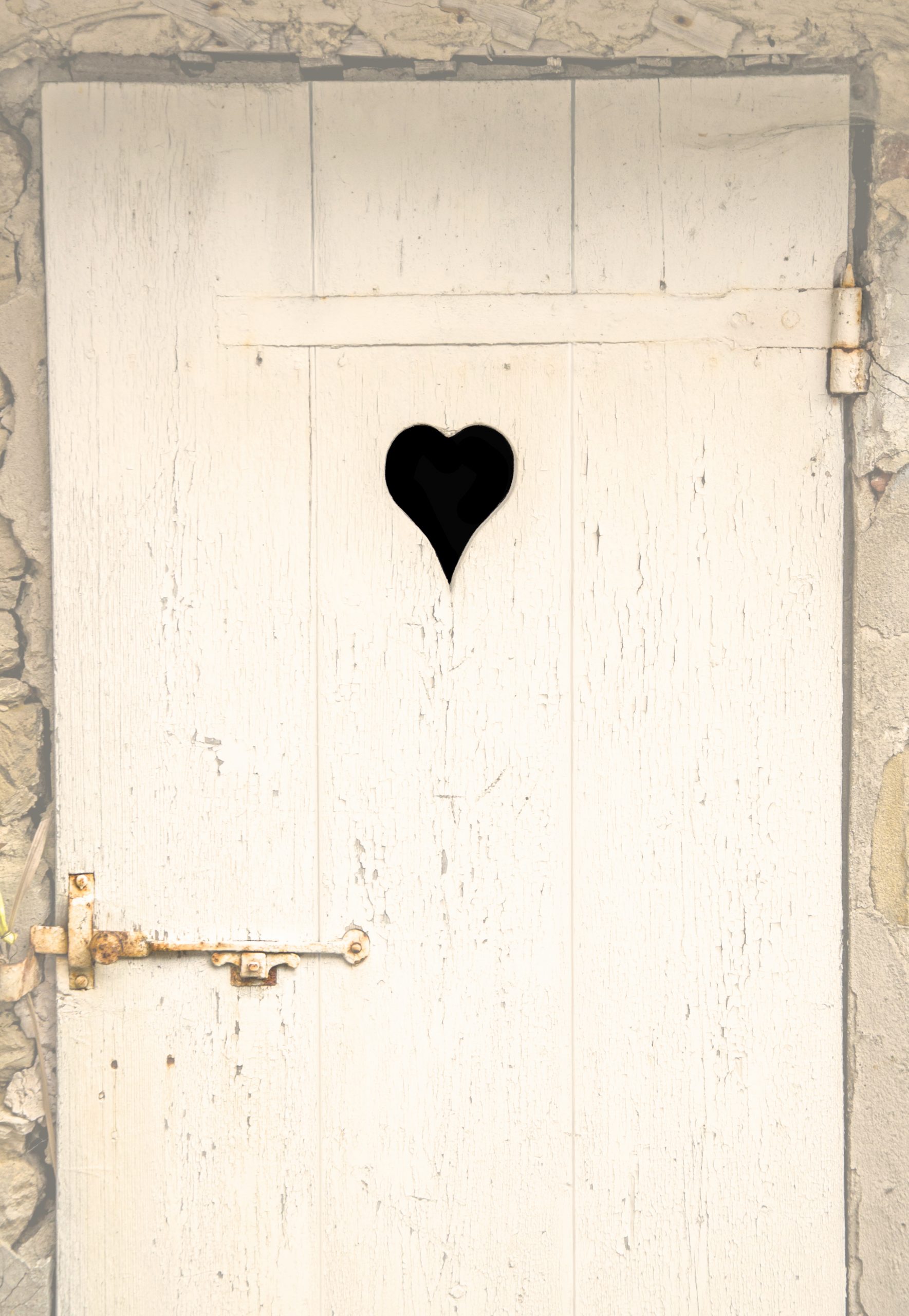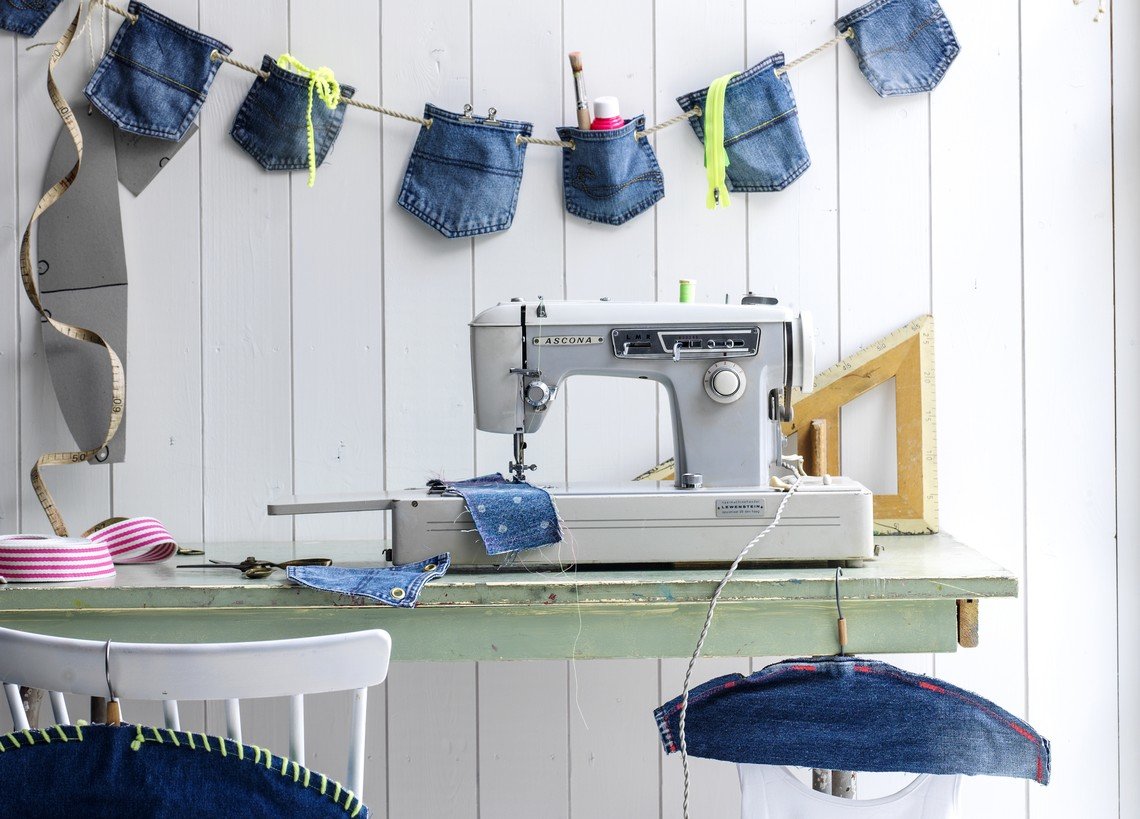As a mum of two young girls and knowing what it’s like to be in the spotlight, television presenter Toni Street is speaking out about alarming research just released by Dove that shows almost half of Kiwi girls aged between 10-17 are using filters and retouching apps.
Dove’s reverse selfie campaign is confronting to watch, and Street is passionate about driving a conversation around the impact that tools like filters and retouching apps are having on young people in New Zealand and their self-esteem.
The study found that the top three body parts or features that New Zealand girls try to hide, or change are their hair, face, and lips.
Also, 41 per cent of New Zealand girls feel less beautiful after seeing photos of their friends on social media.
The research also found Kiwi girls are spending 101 minutes a day on social media compared to 88 minutes by their Australian cousins.
Street’s girls are 9 and 6, and not on social media but she’s been starting to think about when she’ll allow her eldest to have a phone and whether she’ll let her go on Instagram.
“I see what other people post and even as an adult I have to be careful about who I follow for my own mental health and who I want to interact with,” says Street. “Do you just unleash your 10-year-old into that world? I don’t think you do unless you’ve got really strict guidelines and an idea of how you’re going to manage it.”
The face-altering apps are something she finds very concerning.
“I’m not saying people shouldn’t want to look their best because I do, but when you’re getting to your point where you are changing the shape of your nose, making your face look thinner and widening your eyes – I just think that’s not a good thing for society and certainly not a good thing for children, and if they are going to be on social media they are going to be seeing that so you have to front foot it, I think.”
In preparation for being an official spokesperson for Project Dove Behind the Filter, Street downloaded a face-altering app and had a go herself. As shown here in this photo below, where she has made her nose smaller, face thinner, lips fuller, teeth whiter as well as widening her eyes, and added more hair.

“There’s quite a difference between an innocent selfie and the apps that I have recently discovered,” says Street. “Where you can make yourself look Hollywoodfied and you can do it to varying degrees. I think that is a problem because you can look subtly or extremely different. I showed some of my family and they were like, ‘wow’. Their comments were ‘it’s subtle enough that it kind of still looks like you but when you put them side-by-side they are absolute poles apart’.”
If your kids are following people using these apps that are going to send the signal that they should look that way too, so that’s why you have to be really careful about who your kids are following and who they’re idolising.
Warning signs to look out for include seeing them like or comment on unrealistic images.
Project Dove Behind the Filter has produced a Social Media Confidence Kit (download the pdf here) for parents to help their girls navigate the pressures of social media.
This includes family discussions and trying to avoid common comments that we are all familiar with, such as, ‘if you eat all that you’re going to be as big as a horse’, or, ‘I can’t believe you’re got such a big plate, where are you going to put all that’?
“So many of our conversations we have as adults are about appearance,” says Street. “We’ll say ‘you’re looking great’, ‘I love your hair’, ‘have you lost weight?’. The Confidence Kit gets you thinking about what are the other things about that person that you might want to compliment them on? Because if you start those conversations when the kids are young, they’ll realise it’s not the be-all and end-all to look pretty and to be thin.”
Street is very aware of the pressure to look good and what it’s like to be judged on her appearance. Since joining TVNZ in 2006 she has copped constant criticism from online trolls criticising her appearance.

“Everything from the way I dress to my make-up looks ghastly. When you’re pregnant they comment on how big you’re looking and that doesn’t flatter her bump. Then when you come back after having a baby – I had an autoimmune condition and was on a high dose of steroids so I looked very puffy in the face – she looks pregnant again. It takes a pretty special person to say ‘oh gosh, she looks awful’ but those people exist. There are nasty people in the world and that means they are going to be nasty people online and they are nastier online because they are not in front of you.”
Over the years those comments have made Street feel terrible and they still do, though she has got better at handling it and knows how to avoid it more. It was very tempting in the early days to engage with people that were sending nasty comments but now she just blocks them. “They actually don’t deserve your reply. So, for me, it’s really simple,” she says. “I went off Twitter completely because I found that was just the worst and I actually haven’t missed it.”
She’s sticking with Instagram as she finds it a great way to engage and loves getting inspiration from other people’s pages and looks at it for fashion, recipes, homewares and the latest things to buy her kids.
“I don’t want to leave it, so blocking is definitely the best technique, though I’m 38 and have had years of hindsight. You take a very impressionable 10-, 11-, 12- or 20-year-old who doesn’t know how to deal with it. They’ll make it the truth because one or two people have commented that way when the reality is 98 per cent of people don’t think that way. I think it would be very few people who can get comments like that and brush them off.”
As someone who has a following on social media Street wants to set a good example and be a real person who parents will encourage their girls to follow. She coaches a girl’s cricket team and is grateful her parents got her into things like sport and Brownies – where it was irrelevant how you looked.
“Yes, you’ll see me all glammed up to host the New Zealander of the Year but I’m conscious of posting myself in my natural state too. I think the more our kids can follow people that aren’t all obsessed with looks the more normal it will become. They might be focused on the latest pop star or model and that’s fine but try and encourage them to also follow real people. That might be the best kayaker in New Zealand. My daughter loves Lisa Carrington,” says Street.
“One day it might actually be like a badge of honour to be posting the real pictures and that becomes the cool thing as opposed to our fake we can look.”
She finds it interesting that the study shows Kiwi girls are spending more time on social media than Australian girls. Perhaps it was due to the pandemic she wonders, or that New Zealand is a tall poppy nation. “We don’t like to promote ourselves and that can lead to a lack of confidence,” she says. “I’ve seen that in the sporting arena at the very highest level and you see it as it filters down. I wonder if those statistics have got something to do with the different psyches between the two countries.”

What message would Street give girls in today’s world?
“I would just say trust your natural instincts and your gut,” she says. “I would also ram home the message that who you are is who you are. You can’t change that. And being yourself is always the best policy and that would be the message I would give to myself growing up again. And I felt like I was pretty true to that to be honest, and that was from the upbringing I had because we certainly weren’t a family that focussed on an obsession with looks. And that’s exactly the message I want for my girls as well. Because if you’re trying to be someone you’re not, that will always catch up with you eventually and then you’ll be miserable.”
The Social Media Confidence Kit doesn’t just cover social media but also how to handle things if your child is being bullied about their appearance. Conversations to have as a family. How to build their self-esteem. And what sort of conversations to have with them so that they feel powerful enough to operate social media in a healthy way.
Street already knows one of her girls will cope better than the other with social media pressure. One is very sensitive and will be crushed if she gets a comment, while the other will probably brush it off.
“It’s just forearming yourself before it gets to the point where you’re dealing with a crushed child.”





